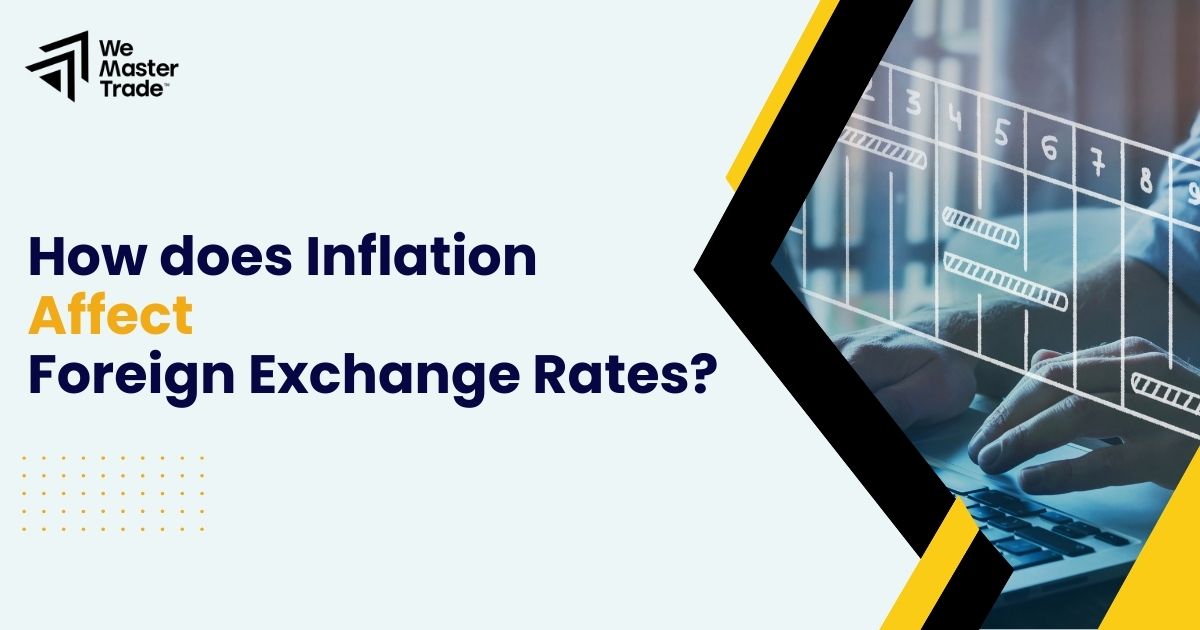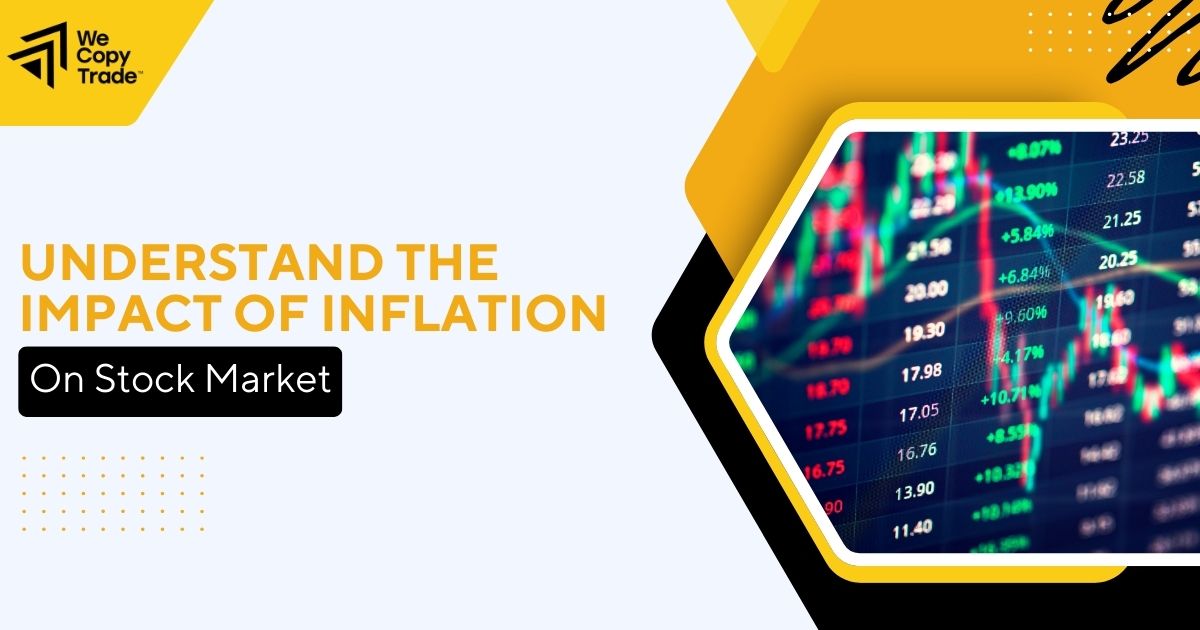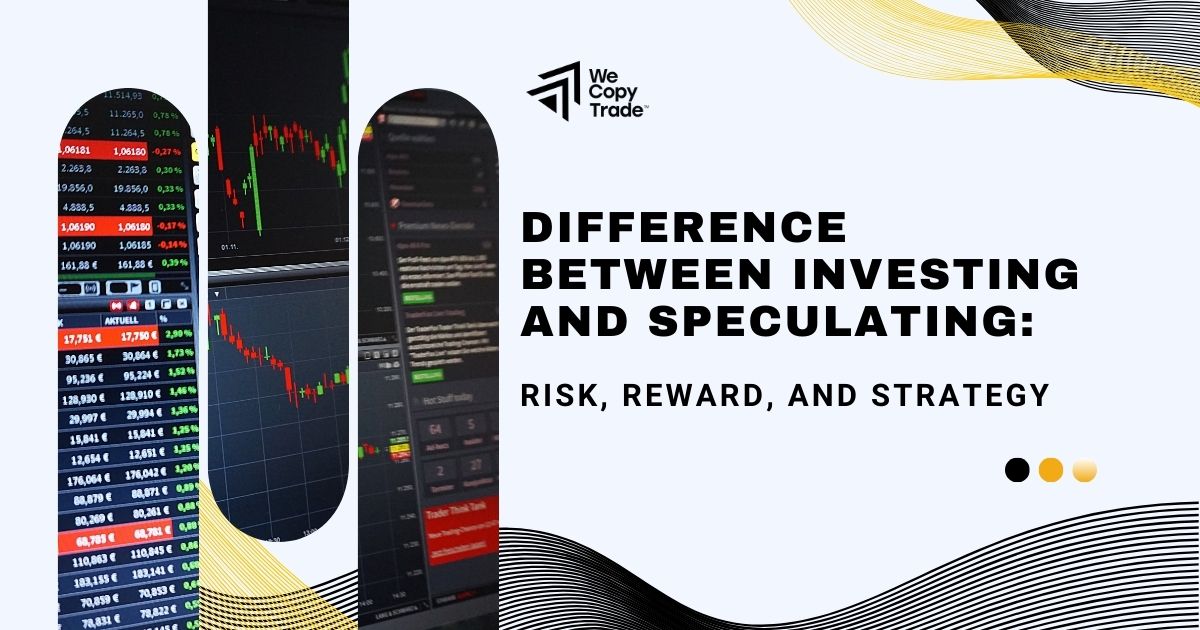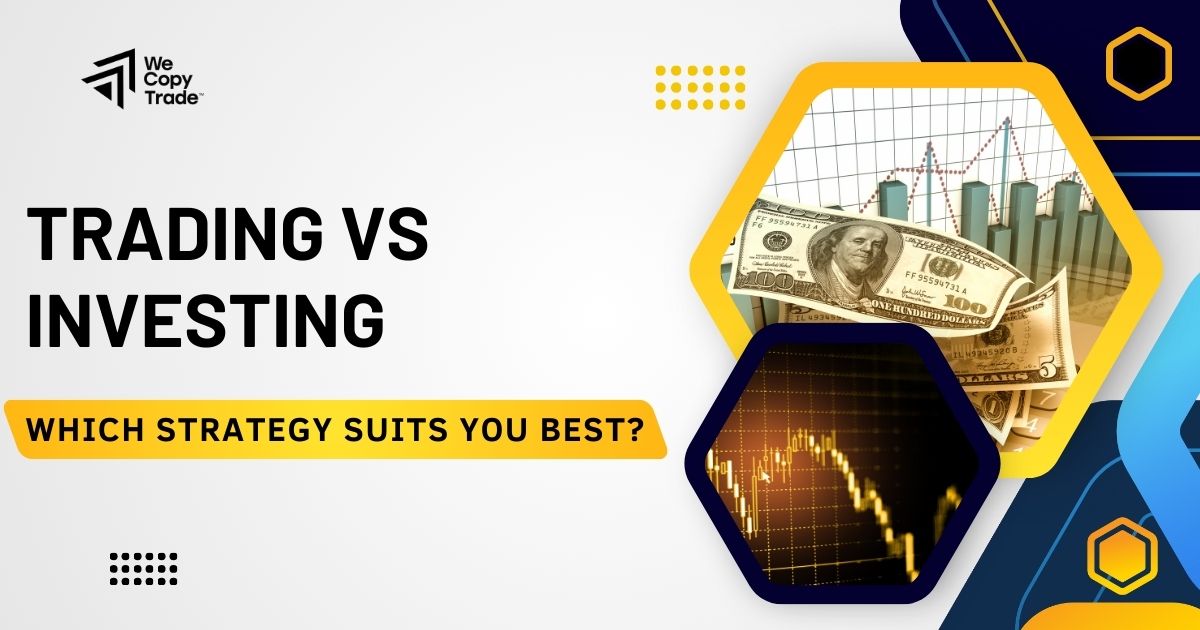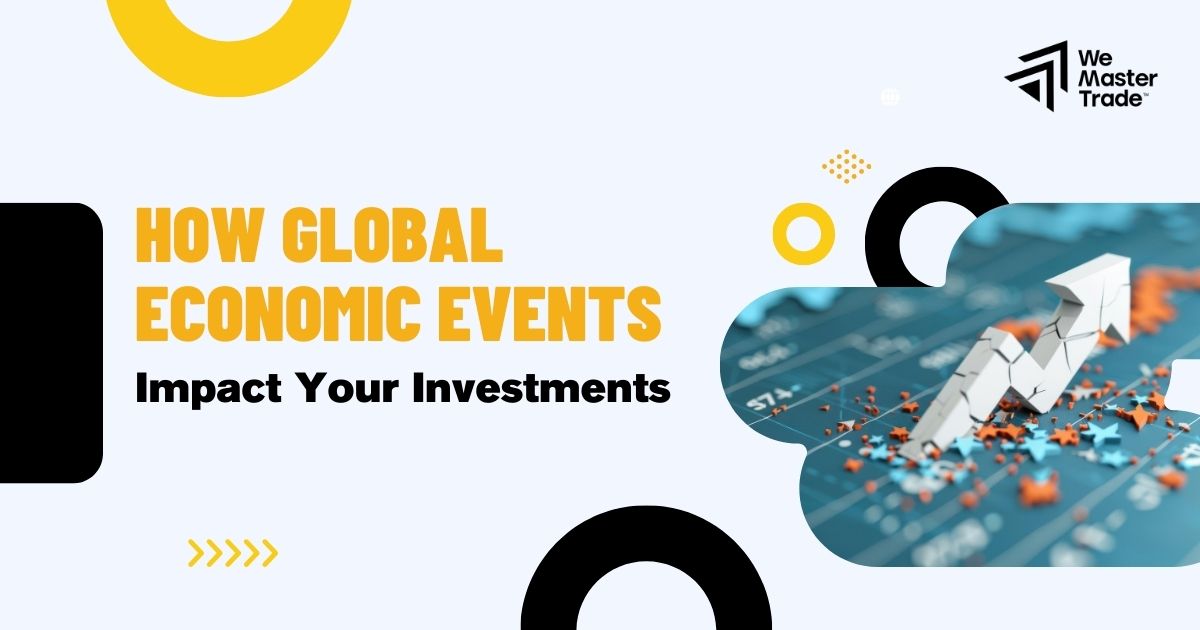
From individual stock performance to whole market sectors, global economic events—from recession to times of fast inflation—affect everything. Whether you are new to investing or experienced, developing a strong investment plan depends on knowing these occurrences. Economic events in one nation may knock on global markets in the linked globe of today, therefore affecting asset values and investor mood. We will describe important economic events in this article, look at how they affect investing, and go over doable strategies for changing your portfolio to properly control risks.
Types of Economic Events and Their Impact on Investments
Different economic events might have different outcomes for investors. Let’s look at some of the most noteworthy events and how they impact the investing environment.
Recessions
Usually defined as two consecutive quarters of negative GDP growth, a recession is an economic downturn characterized by a clear drop in economic activity. Often fueling a recession are factors like declining corporate investments, reduced consumer spending, and rising unemployment.
Impact on investment:
- Stock market volatility: During a recession, businesses often see lower sales and profit margins. As investor confidence dwindles, stock market prices tend to fall dramatically, resulting in market volatility.
- Capital flight: Investors may start withdrawing capital from risky assets. This outflow often causes lesser liquidity in the equities markets.
- Shift to safe-haven assets: During times of economic uncertainty, investors choose safe-haven assets. Gold, government bonds, and occasionally even cash become more appealing as they are seen as less hazardous. During downturns, these assets often hold or even rise in value.
An outstanding example is the global recession brought on by the 2008 financial crisis. While demand for safe-haven assets like gold rose, stock values dropped drastically. Many consumers started to reevaluate their risk exposure and diversify their assets in response to the unknown fate of big financial institutions.
Inflation
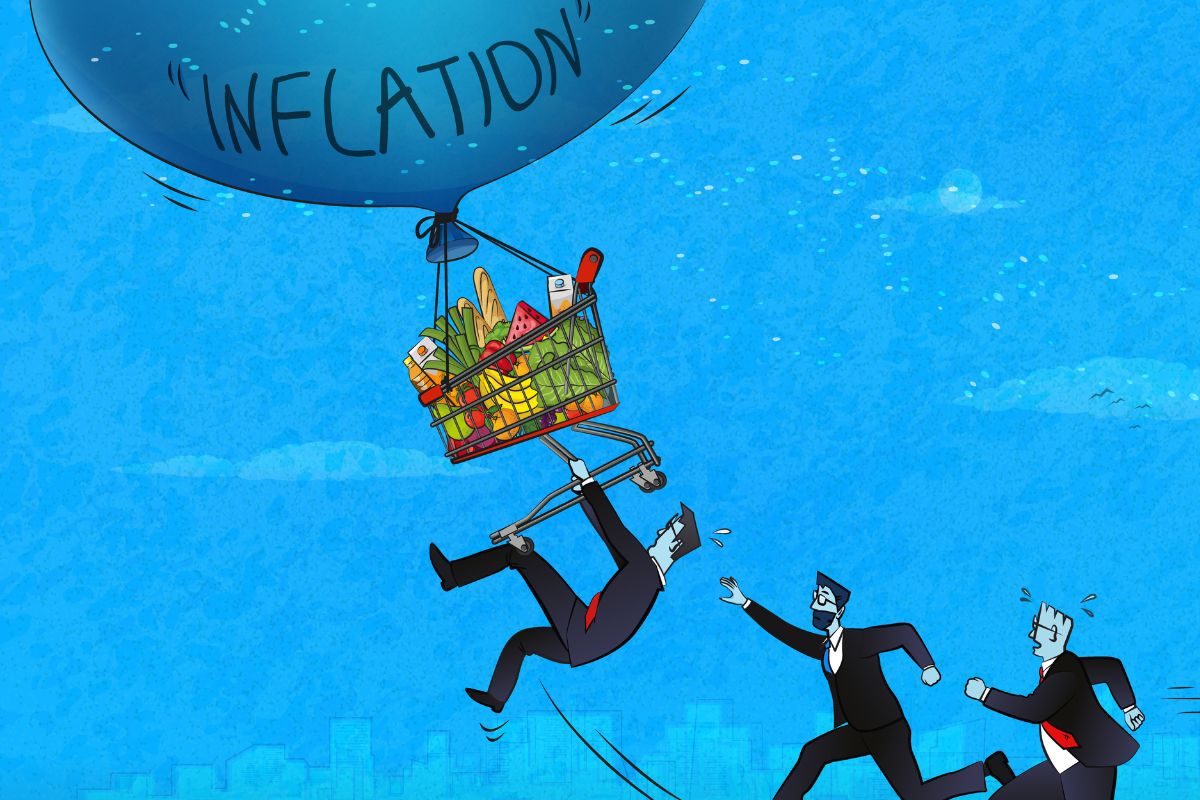
The rate at which the general level of pricing for goods and services increases determines inflation, therefore gradually diminishing purchasing power. Many investment classes are affected by central banks’ broad influence on interest rates, which they often change to control inflation.
Impact on investment:
- Rising interest rates: To fight rising inflation, central banks may increase interest rates. While this strategy is intended to stabilize prices, it raises the cost of borrowing. Higher interest rates often make shares less appealing since businesses face higher expenses and perhaps reduced profit margins.
- Bonds and fixed-income securities: While bonds are generally seen as safer investments, higher interest rates may cause bond values to fall. New bonds issued at higher rates, on the other hand, may provide superior yields, mitigating this risk to some degree.
- Commodity and real estate prices: They are often increased as a result of inflation. As the cost of living rises, investors may consider physical assets such as real estate and commodities as a hedge against inflation.
When inflation is high, a diversified portfolio including inflation-resistant assets and growth-oriented investments is rather important. Monitoring central bank policies—such as those of the Federal Reserve—investors might forecast changes in the market and adjust their strategy of investment.
Financial Crises
Times when the nominal value of financial assets drastically drops are financial crises. The 2008 global financial crisis and the economic turmoil felt in 2020 are strong reminders of how fast and horrible these events may be.
Impact on investment:
- Market crash: Faith in the financial system may sink quickly during a crisis. As investors hurry to sell their shares, stock markets might see extreme falls.
- Liquidity crunch: A crisis often causes a liquidity constraint, in which case banks and other financial institutions are either hesitant or unable to provide loans. This might lower credit availability, therefore deepening the economic crisis.
- Shift in investment strategy: Investors often reallocate their assets as the crisis deepens in order to change their approach. Riskier assets like stocks are clearly giving way to safer alternatives including government bonds, high-quality corporate bonds, and gold.
The 2008 financial crisis started with the collapse of the US housing bubble, which resulted in widespread failures of banks and financial institutions. Investors worldwide suffered significant losses in the equities markets, while safe-haven assets gained favor. The crisis highlighted the need of having a diverse portfolio that can withstand unexpected shocks.
Geopolitical Tensions
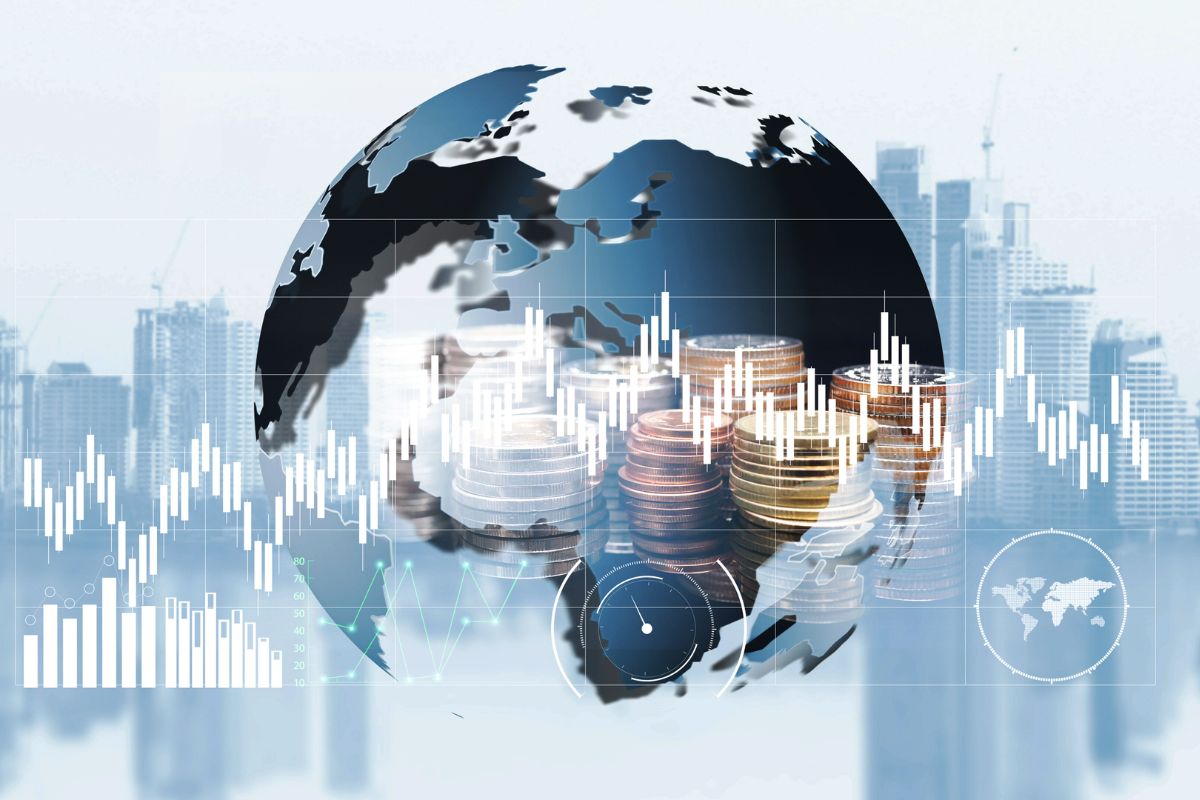
Conflicts, wars, economic penalties, and international trade disputes are the elements of geopolitical tensions. Many times erratic, these occurrences may have instantaneous, significant impact on world markets.
Impact on investment:
- Increased uncertainty: Geopolitical disputes generate uncertainty in the market that might increase asset price volatility. News of trade conflicts, penalties, or wars might lead investors to quickly reevaluate their portfolios.
- Commodity prices: Events like wars or sanctions might disrupt supply chains, especially for important commodities like natural gas and oil, therefore affecting commodity prices. Usually, price increases resulting from this disruption affect sectors reliant on these products.
- Currency fluctuations: Variations in currency values may follow from political unrest. For instance, whereas developing market currencies may decline significantly during times of global conflict, the U.S. dollar usually gains as investors seek a safe harbor.
- Sector-specific impacts: Industries most dependent on foreign trade might suffer most. Technology businesses and manufacturers, for example, may have supply chains disrupted, which would result in reduced earnings and profit margins.
Constant market volatility has come from the United States’ continuous trading conflicts with China. From technology to agriculture, the uncertainty over trade rules has affected numerous industries and driven many investors to look for substitutes like precious metals or domestic-focused assets.
How Investors Can Navigate Global Economic Events
Given the numerous effects of world economic events, investors must develop plans that help reduce risks and position themselves for possible benefits. Here are few useful strategies:
Diversification
Diversification is among the best approaches available for controlling risk. Investors may lessen the effect of negative occurrences in any one market by distributing assets throughout many asset classes—stocks, bonds, real estate, and commodities. Diversification within asset classes is as important as it is about owning many kinds of investments. Investing in businesses across several industries or areas, for example, may assist to offset the effect of localised economic downturns.
Regular Portfolio Review and Rebalancing

Economic developments may rapidly change the behavior of markets. To make sure their portfolios still match their long-term objectives, investors should so routinely assess them. Buying or selling assets to preserve the intended degree of asset allocation helps balance the portfolio and reduce risks when economic events create notable changes in the market.
Staying Informed About Monetary Policies
Market situation is significantly influenced by central bank policy. Policy changes from organizations such the Federal Reserve, the European Central Bank, and others must be constantly current for investors. Knowing how variations in monetary policy and interest rates impact various asset classes would help one to make wise decisions right now.
Incorporating Safe-Haven Assets
Safe-haven assets include gold, premium bonds, and sometimes even stable currencies like the USD may help to offset market volatility during times of economic uncertainty. When risky assets underperformance is occurring, allocating some of your portfolio to these assets might help safeguard your capital.
Long-Term View

Although developments in the world economy might create temporary volatility, a long-term investing viewpoint is very vital. Natural market cycles include times of expansion and contraction. Market recoveries are more likely to help investors who have a long-term perspective and refrain from panic selling during recessionary times.
Studies and Analysis
Research carefully before deciding what to invest in. To keep ahead of market movements, use financial news sites, economic data, and professional analysis. Examine prior occurrences to see how economic circumstances have been impacted. By means of this proactive strategy, you may base judgments on facts instead of feelings.
Learn trading strategies from experts at WeCopyTrade platform to optimize profits now!
Tactical Asset Allocation
While maintaining your long-term plan, tactical asset allocation is changing your investment mix depending on short-term market projections. For instance, you can momentarily expose yourself more to safe-haven or fixed-income assets if economic data point to an approaching recession. You may rebalance your portfolio back to a growth-oriented allocation once the market starts to recover.
Use of ETFs and Mutual Funds
Instant diversity may come via mutual funds and exchange-traded funds (ETFs). They let you invest in a wide spectrum of asset classes without requiring careful handling of individual assets. Many ETFs and mutual funds are especially meant to expose investors to worldwide markets, so they are great instruments for those trying to offset local economic downturns.
Conclusion
The ever-changing nature of global finance forces investors to abandon obsolete ideas in favor of new, innovative wealth-creation tactics. Individuals are more prepared to deal with the difficulties of today’s economic world if they promote a culture of intelligent risk-taking and strategic vision. Embracing change with confidence and committing to continuous learning may enable investors to take bold, decisive actions that propel growth. In an ever-changing economy, the willingness to innovate and the resolve to develop are critical factors in establishing a healthy financial future. See latest market news about economic trends and join our trading program at: https://wmt.wecopytrade.com/




